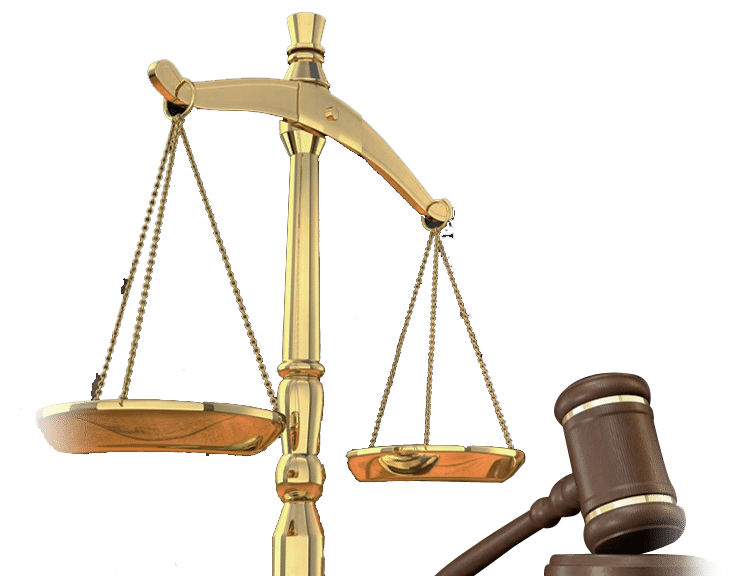One of the most difficult decisions that you can face is whether or not to file for bankruptcy. For individuals, there are basically two types of personal bankruptcy, which includes Chapter 7 and Chapter 13. Designed to give the filer a fresh start in life by wiping out certain debts, a Chapter 7 bankruptcy will rid the filer of credit card and other unsecured debt. A chapter 13 bankruptcy, on the other hand, is a court-approved payment plan in which the filer is required to repay a predetermined percentage of their debt. The determination of which chapter to file will be based on the filer’s disposable income, if any, after paying their necessary monthly bills.
When many people file for bankruptcy, their first thoughts are of their assets and whether or not they may lose their home. In a Chapter 13 repayment plan, the majority of filers are allowed to keep their property in exchange for repaying a portion of their debts. A Chapter 7, however, is designed to be a liquidation process that often results in the sale of non-exempt property. Which property is non-exempt in a bankruptcy proceeding? Each state has it’s own laws pertaining to the amount of property that an individual or married couple can keep without having to worry about it being liquidated.
The official bankruptcy process begins upon filing a petition with the local bankruptcy court. This can either be done individually, also known as pro se, or with the help of an attorney. For most, hiring Firebaugh and Andrews is the best way to make sure that every form is completed accurately and in order to make sure their assets are protected as much as possible. Upon the filing of a bankruptcy petition, the court will assign a trustee to the case and will set a date for a Meeting of the Creditors. Although creditors of the filer are invited to attend, they are not required to do so. The filer, however, is required to attend and will be questioned by the trustee, under oath, while having the meeting recorded. This meeting is typically the only appearance required of the filer unless special circumstances are present.
Following the Meeting of the Creditors, often referred to as the 341 meeting, the creditors will have 30 days to object to the filers property exemptions and another 30 days to object to the discharge if the filing is a Chapter 7 bankruptcy. In a Chapter 13 proceeding, creditors may object to the payment plan but the discharge will not be granted until the payment plan is complete. A Chapter 13 bankruptcy can last for up to 5 years before the payments are completed and a discharge is issued. Following the discharge, the bankruptcy case will be closed and the process will be complete.
We offer free consultation, call us today 734-722-2999



